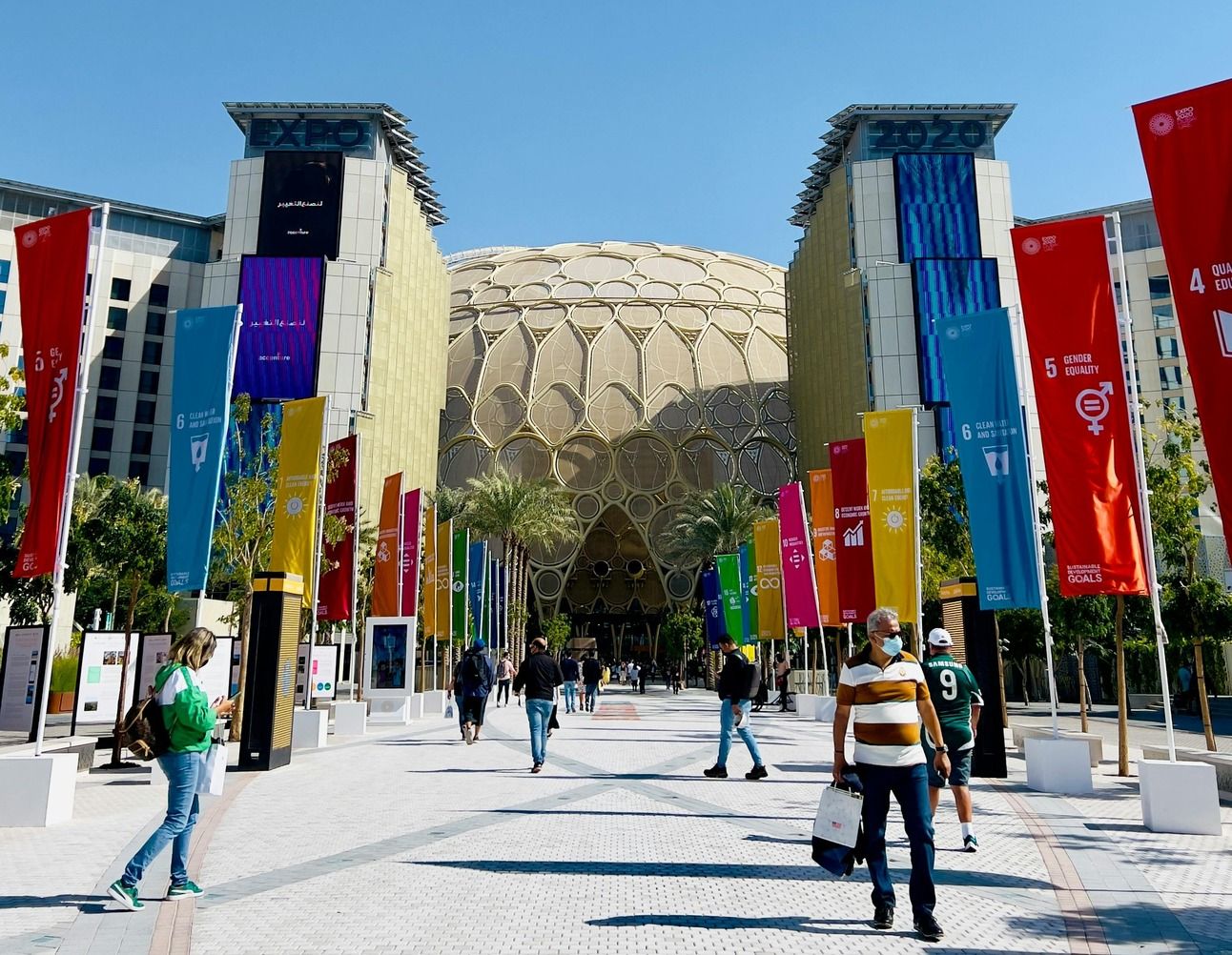
Since Dubai Expo 2020 ended, one question has been on the minds of many investors: Will the post-Expo boom in Dubai’s real estate market continue? With the transformation of the Expo site into Expo City, Dubai has created a new hub for innovation, tourism, and business. The long-term impact of Expo City on property prices is already being felt, but what does the future hold? In this blog post, we’ll explore how Expo City is influencing Dubai’s property market and whether the momentum will continue in 2024 and beyond.
What is Expo City?
Expo City is a smart and sustainable city built on the legacy of Expo 2020. The site is now a thriving district designed to drive economic growth and innovation in Dubai. With a focus on green living, advanced infrastructure, and connectivity, Expo City is set to become a leading destination for businesses and tourists alike. The UAE government has positioned it as an attractive place for companies, families, and professionals to live and work.
The Immediate Post-Expo Boost to Property Prices
Expo 2020 had a profound effect on Dubai’s real estate market. The influx of international visitors, businesses, and workers created a surge in demand for housing, especially in areas close to the Expo site. Neighborhoods like Dubai South, Jebel Ali, and Dubai Marina saw a noticeable increase in property prices and rental yields during and immediately after the event.
In fact, according to Knight Frank’s 2023 Real Estate Report, Dubai experienced significant overall price growth between 2021 and 2023, with neighborhoods around Expo City seeing even higher gains. This was partly due to infrastructure developments such as the Dubai Metro extension and new roads, which made these areas more accessible and desirable for both residents and investors .
Expo City’s Long-Term Impact on Property Values
The big question is: Will this upward trend in property prices continue now that the Expo event has ended?
1. Increased Demand in Surrounding Areas
Expo City’s conversion into a business and tourist hub means demand for housing in the surrounding areas is likely to remain strong. Areas like Dubai South, Jebel Ali, and even nearby communities such as Damac Hills and Al Furjan are expected to benefit from long-term growth. As more businesses set up offices in Expo City, the demand for residential properties in these areas will continue to rise, keeping property prices stable or even pushing them higher.
2. Attractive Rental Yields
Investors looking to capitalize on rental income may find areas around Expo City particularly appealing. With new commercial activity and tourism in Expo City, rental demand is expected to stay high. According to JLL’s UAE Real Estate Market report, rental yields in Dubai South and other nearby areas have already seen growth, with yields reaching up to 8% in some cases .
This is great news for investors, as the combination of affordable entry points (compared to central Dubai areas) and strong rental returns makes it a lucrative option.
3. Sustainable Growth Initiatives
Another factor contributing to the long-term success of Expo City is its focus on sustainability and innovation. The city has been designed as a model for smart, green living, with a commitment to renewable energy, energy-efficient buildings, and sustainable transport. These initiatives align with Dubai’s vision of becoming a global leader in sustainability, further enhancing the appeal of Expo City for future residents and businesses.
This focus on green living could result in long-term price appreciation, as sustainable communities tend to command premium prices.
Will the Boom Continue in 2025 and Beyond?
There are several reasons to believe that the property boom around Expo City will continue:
Government Support: The UAE government is heavily invested in the success of Expo City as part of its long-term strategy for economic growth. Ongoing projects such as the Dubai Urban Master Plan 2040, which includes further development of areas surrounding Expo City, will likely increase property demand and prices .
Business and Tourism Hub: As more international businesses choose Expo City as their base, the demand for both commercial and residential properties will rise. The city’s tourism attractions, including Al Wasl Plaza and the Terra Sustainability Pavilion, will continue to draw visitors, boosting demand for short-term rentals and hotel accommodations.
Affordable Alternatives: For many buyers and investors, properties near Expo City offer a more affordable alternative to expensive central areas like Downtown Dubai and Dubai Marina. As these central areas become pricier, more people are likely to turn to Expo City and its surroundings for more affordable options with good growth potential.
Conclusion
The post-Expo boom in Dubai’s property market, particularly in areas around Expo City, shows no signs of slowing down. With strong government backing, a growing business hub, and continued investment in infrastructure, Expo City is set to remain a key driver of property demand in the coming years. For investors, this presents a unique opportunity to capitalize on both price appreciation and attractive rental yields.
Whether you’re looking to buy a home or invest in rental properties, Expo City and its surrounding areas offer strong potential for growth in 2025 and beyond.
References
JLL (2023). UAE Real Estate Market Overview.
Dubai Land Department (2023). Dubai Property Trends.
UAE Government (2024). Expo City and Dubai Urban Master Plan 2040.